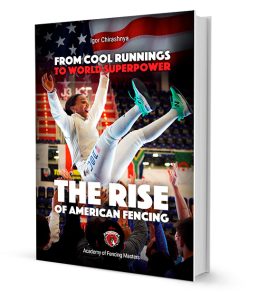AFM Fencers did really good at the latest Regional Youth Circuit (RYC) in San Francisco on February 22-23, 2014, claiming 6 medals, among which are: Bartosz Kuligowski took first place at Y10 Men's Epee Jade Welder took second place at Y12 Women's Epee...







